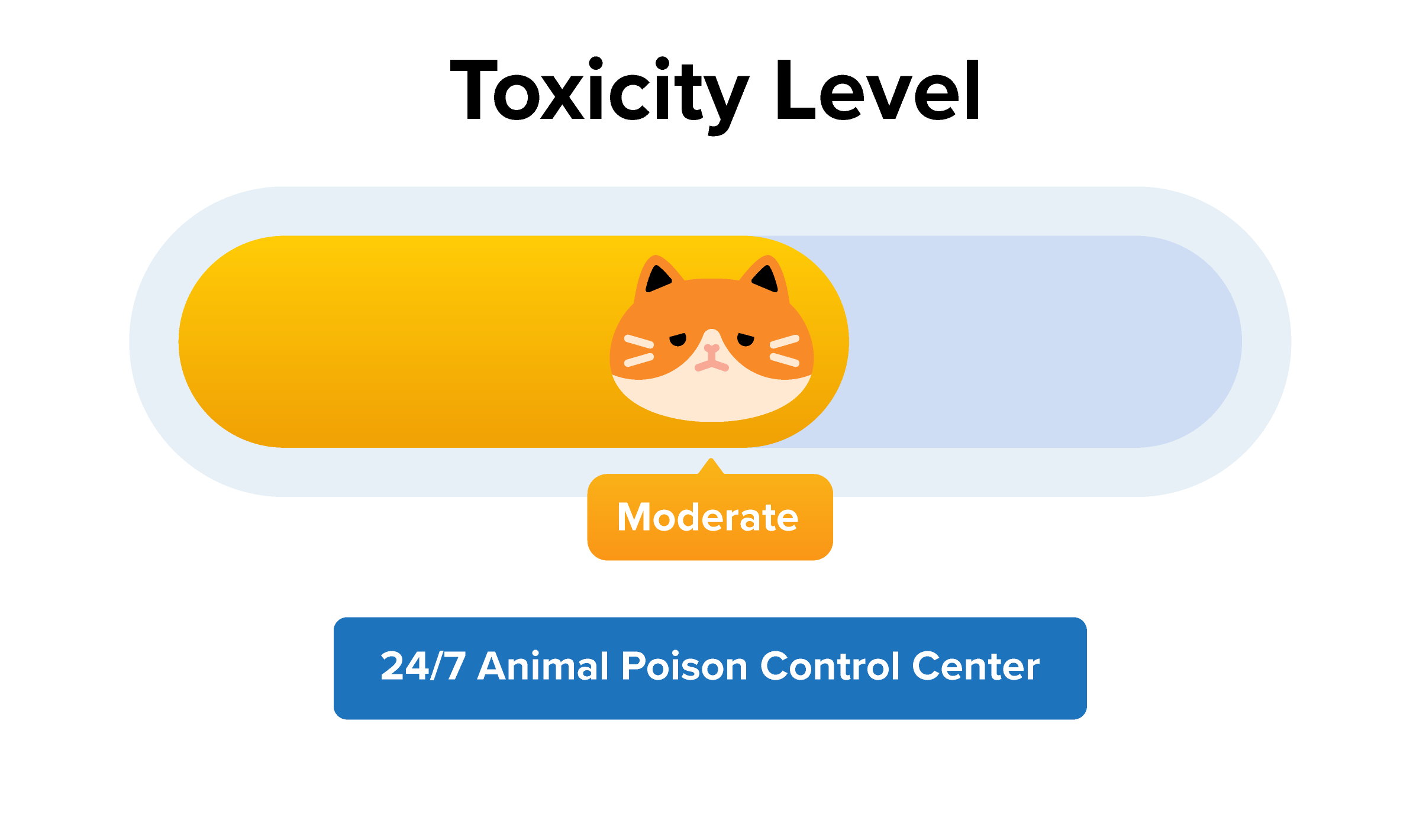Connect with a verified veterinarian in minutes. Licensed vets are available 24/7 to answer your questions. No need to worry about your furry family member.
Cats love a wide range of seafood, including imitation crab. This meat is popular around the world and is consumed in a wide range of dishes. However, what happens if a cat eats imitation crab meat? Can imitation crab meat make a dog sick?
Has your cat eaten imitation crab meat? Are you worried that imitation crab meat will make your dog sick? If so, you’ve come to the right place. We understand it can be scary when your cat eats something like this.
We’ve gathered information about imitation crab meat and whether it can make a cat sick. Let’s get started!
What is Imitation Crab Meat?
Imitation crab meat is seafood; however, it’s made from surimi, which is fish paste. The fish used to make the paste may include Alaskan pollock and others. The fish is deboned and washed to remove fat and unwanted bits, then minced into a paste. The paste is blended with other ingredients before being heated and pressed into shapes that mimic crab meat.
Imitation crab meat must follow strict government labeling regulations so it does appear as true crab meat. This product has been around since about the 1950s and was once a convenience food that could be made into a wide range of recipes.
While imitation crab meat can be healthy for humans, what about cats? Can cats get sick from eating imitation crab?
Imitation Crab Meat & Cats
The good news is that imitation crab meat (without seasoning) can be a good treat for your cat. Never feed your cat too much imitation crab. However, imitation crab meat does contain additives that can make a cat sick if she eats large amounts of imitation crab meat.
The meat may contain the following ingredients:
- Salt
- Sugar
- Starch
- Phosphorus
In addition to these ingredients possibly making a cat sick, some cats do have fish allergies. These can be mild or severe but can make a cat pretty sick.
In addition, imitation crab meat may be made into dishes that contain toxic ingredients for cats, such as onions and other ingredients.

Review symptoms, medications & behavior to keep your pets healthy with a Vet Online in just minutes.
Ask a Vet Live NowCan Cats Eat Imitation Crab Meat?
The verdict is out on this question, though most experts suggest that cats should only eat imitation crab meat as a rare treat and only in small amounts. The meat can be dangerous in large amounts, and some cats are allergic to fish. These kitties should not eat imitation crab meat.
However, we suggest not feeding imitation crab meat to your cat. It’s better to be safer and ensure your fur baby is happy and healthy. There are many other safer treats to give your cat. And you’ll both be happier for it!
Connect with a verified veterinarian in minutes. Licensed vets are available 24/7 to answer your questions. No need to worry about your furry family member.

Julie
Julie is a graduate of the University of North Carolina, Wilmington, where she studied Animal science. Though contrary to the opinion of her parents she was meant to study pharmacy, but she was in love with animals especially cats. Julie currently works in an animal research institute (NGO) in California and loves spending quality time with her little cat. She has the passion for making research about animals, how they survive, their way of life among others and publishes it. Julie is also happily married with two kids.
Review symptoms, medications & behavior to keep your pets healthy with a Vet Online in just minutes.
Ask a Vet Live Now


